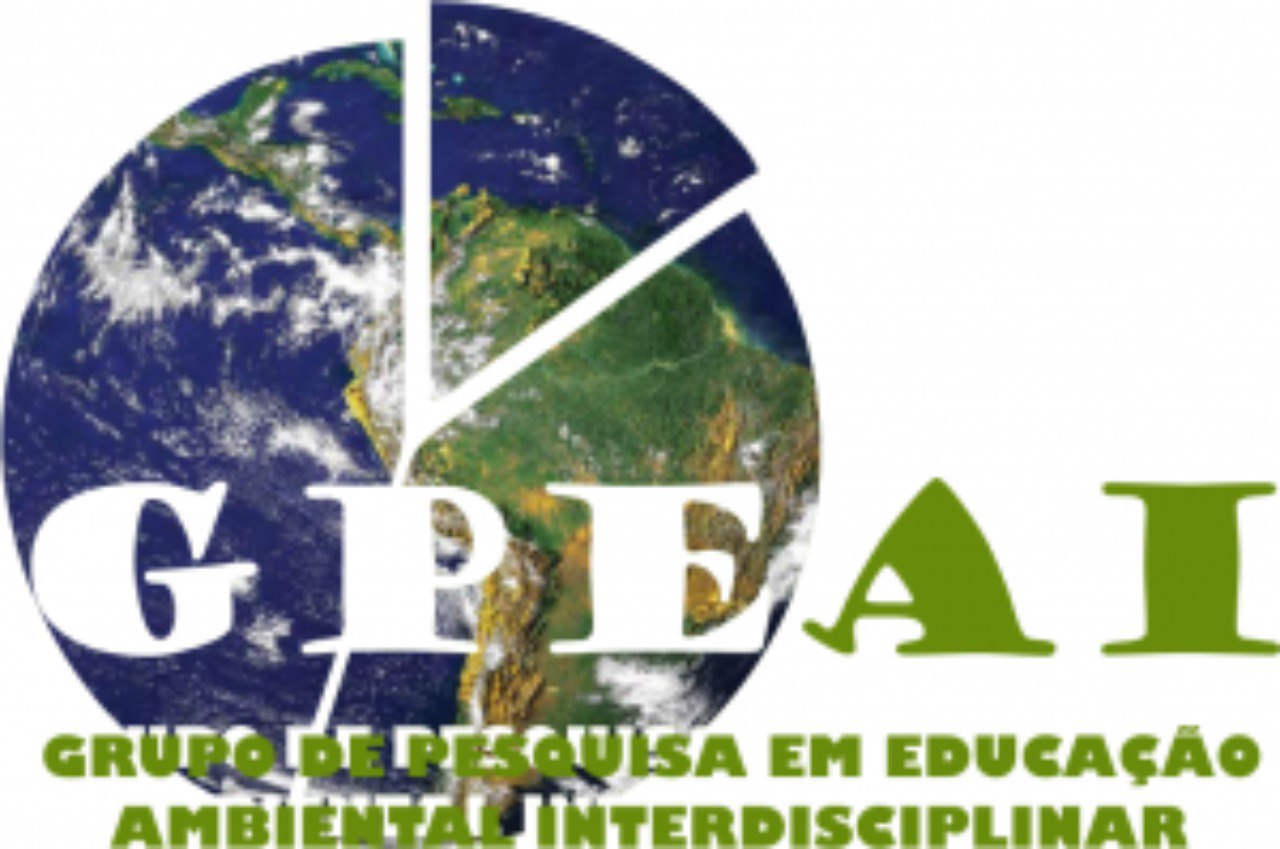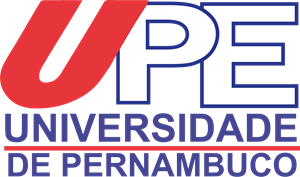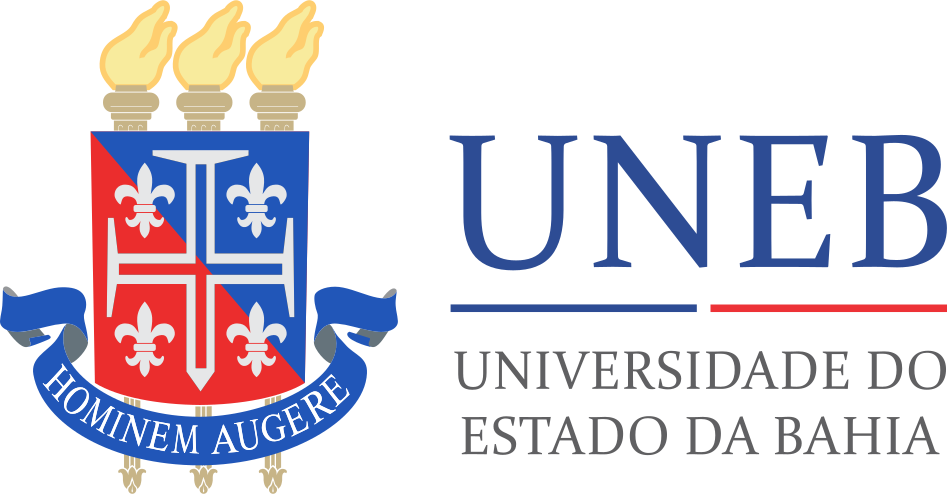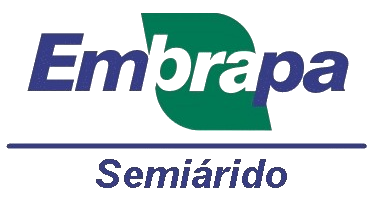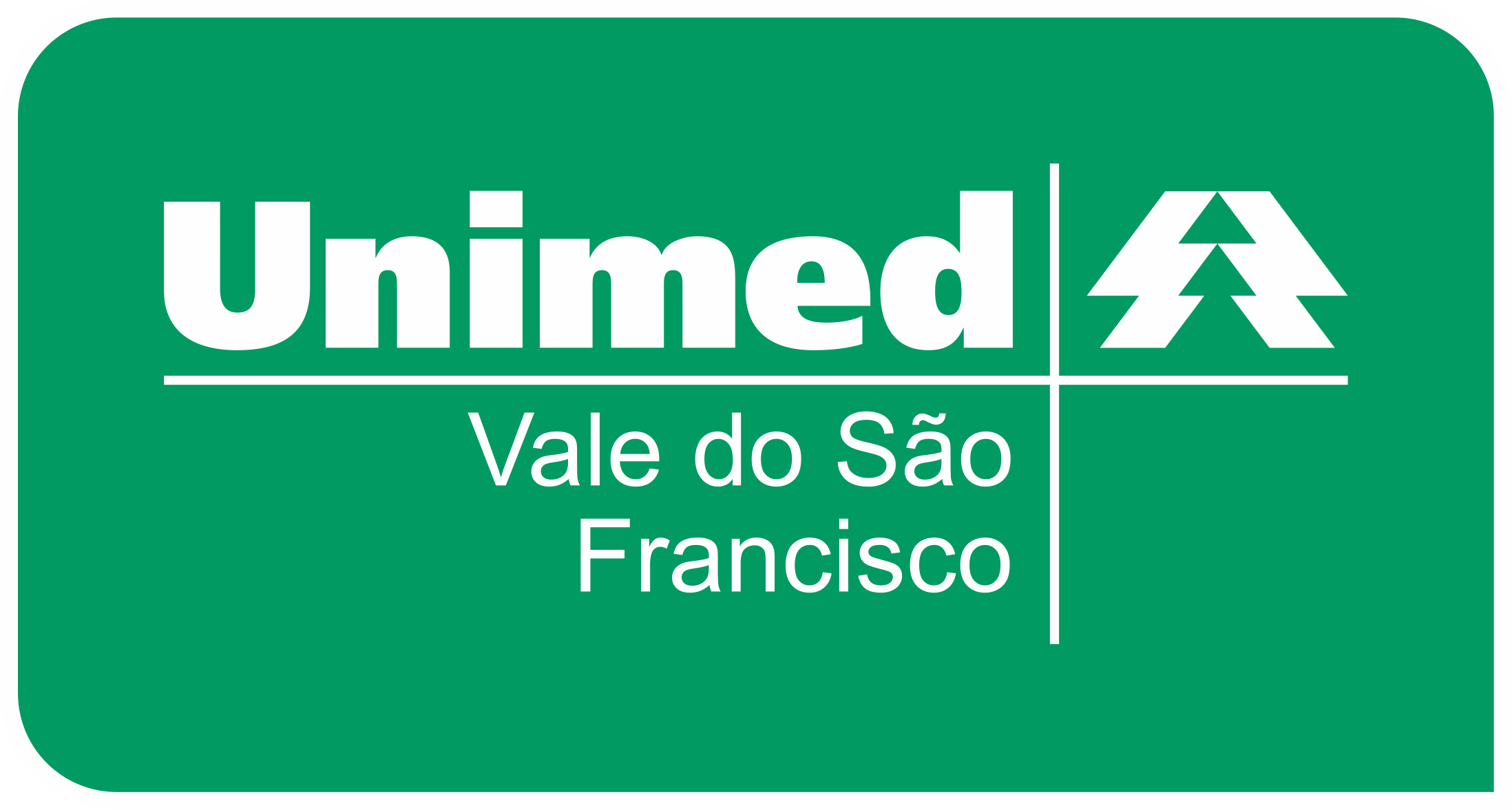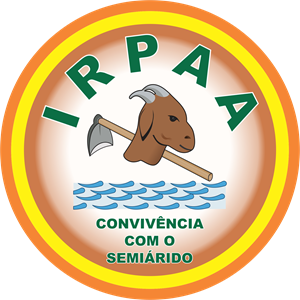ASSESSMENT OF THE ECONOMIC, POLITICAL, SOCIAL AND CULTURAL CONDITIONS FOR THE IMPLEMENTATION OF THERMAL PROCESSING OF SOLID WASTE IN COSTA RICA
Keywords:
Evaluation of a co-incineration projectAbstract
In this essay, an analysis of the social and cultural conditions of the Costa Rican is carried out with respect to the use of thermal processes as an instrument for the volumetric reduction of solid waste generated, as well as the normative framework built with the purpose of regulating the implementation, operation, control and monitoring of this type of technology and the potential operating costs transferred via tariffs to the end user. Through a constructivist method, using a political mapping and an analysis of the situation, we proceeded to analyze the strengths or weaknesses of the Costa Rican State and its institutionality, in protection of potential negative effects that are associated with the technology of thermal treatment of waste and identified the socio-cultural and political variables of greatest weight in the definition of a management model for a processing plant. The results obtained and its main findings allow us to conclude that the weak institutional structure of the State in terms of its control and monitoring work on the operation of this type of project constitutes a serious threat with respect to the quality and continuity of control. emissions and discharges of the project in its area of influence. Given the lack of quality information in the preliminary project studies, it was not possible to assess the financial feasibility of a thermal waste treatment proposal or its impact on the municipal tariff structure. Additionally, the transfer of waste by the Municipal Councils to a manager for thermal treatment, could be contrary to the will of the main social actors manifested in the Municipal Plan for Comprehensive Waste Management and therefore constitute an act without the political validation of citizenship and that violates the principle of citizen participation expressed in Law 8839, Law for the comprehensive management of waste.
Downloads
Downloads
Published
Versions
- 2022-11-11 (2)
- 2022-09-11 (1)
Issue
Section
License
Copyright (c) 2021 Green Journal

This work is licensed under a Creative Commons Attribution-NonCommercial-NoDerivatives 4.0 International License.





















